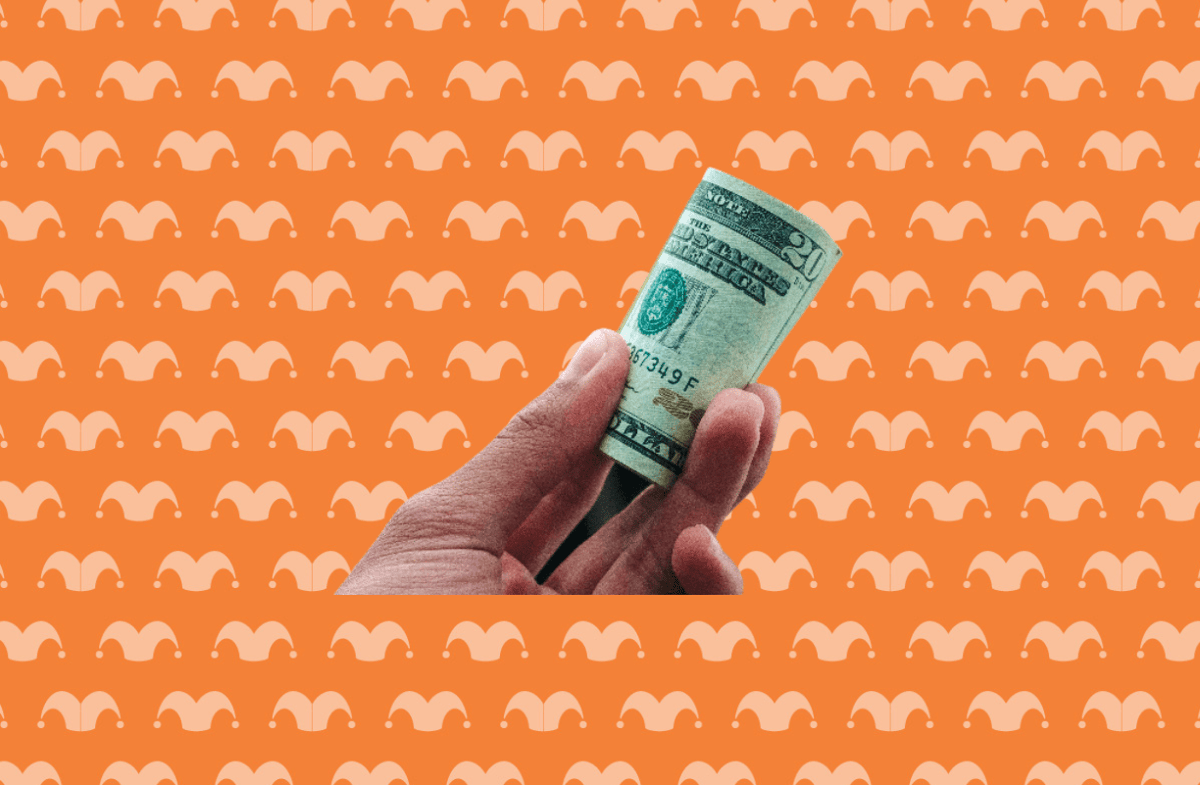With interest rates falling, it’s getting harder to choose between investments. Stock market investments often pay higher returns than CDs over time. However, CD rates have recently been high enough to make them a viable alternative. The slightly lower return was worth it for a guaranteed payout and substantially less risk. But now you may need to think about the elements of such an investment a bit harder.
So, where’s the best place to park your cash now: the stock market or CDs? Let’s look at them head to head, based on a few serious considerations.
1. Guaranteed returns
Although nothing in this life is guaranteed, a certificate of deposit is far more secure than investing in the stock market. The stock market tends to rise over time, for example, the S&P 500 has grown over 3% in value since this time last year, and over 90% in the last five years. But there are also years when it falls. Plus, any individual stock is going to be far more volatile. You could even lose your entire investment if the company you chose hits rough waters and ends up in bankruptcy.
CD rates are still pretty solid, and they have virtually zero risk — take a look at our curated list of high-yielding certificates of deposit here.
2. Liquidity
The downside of CDs is that they are not liquid. if you have to take the money out early, you’ll often lose some amount of your interest, based on the length of the CD. That can be a major problem if you get into a financial pickle.
On the other hand, investing in stocks is a bit more like putting money into a money market account. You earn on what you have invested, and there are few, if any, penalties for early withdrawal. You can also add to your investment portfolio at will, if you decide you want to put another chunk of cash toward a new company, or invest more deeply in one you already have a conviction in.
If you’re considering investing in stocks and need a great broker, we offer an excellent list to get you started. Click here for a list of our favorite stock brokers. Think about the types of investments you may want to make in the future before you settle into a brokerage firm.
3. Passive investment potential
When it comes to acting as passive investments, both CDs and stocks can meet your needs. CDs are clearly passive investments, you give your money to the bank and you walk away. Stocks require some initial research, but after that stage is complete, a yearly review of your companies is plenty to keep yourself on track.
Then again, if you’re really into stock investing, you can also manage your stocks more actively. At The Motley Fool, we tend to take long-term views of stocks and think of them as passive investments in great companies we love. But there are certainly different schools of thought on this subject.
4. Fees
These days, most CDs have relatively low minimum deposit requirements and most don’t charge a monthly fee. That means the only thing you have to worry about eating into your profit is taxes (and early withdrawal penalties should you need access to your funds before the CD term ends). Stocks, on the other hand, can be expensive to trade, depending on your broker, and how often you buy or sell.
No matter what kind of investment you choose, consider the costs since they will eat into your return. Even though CDs have a pretty fixed return potential, they also have fixed fees or no fees. Brokerages may have a whole world of fees, depending on how you trade and what you’re buying and selling.
5. Loss protection
Although I already mentioned this a bit above, I think it’s really important to drive this point home. With a CD, you are protected by the FDIC for up to $250,000 should the bank go belly up — your investment is protected against loss, period dot. This is a comforting thought for anyone who is relying on their nest egg to not disappear in a down year.
Stocks, although shares in tangible companies, can lose virtually all of their value, and you may end up holding the bag, even when your brokerage remains solvent. There’s no protection for you against loss of value in a stock, you were made aware of the risk, theoretically, and you agreed to it. This is also why the returns tend to be higher. You’re taking on a lot more risk.
Investing in ETFs and index funds can be a safer way to invest in the stock market, since they are the equivalent of buying a small chunk of an entire portfolio of professionally curated stocks. While likely to perform better, there is still no promise that your cash will remain intact, however. Always read the prospectus thoroughly before choosing an index fund or ETF.
Stocks versus CDs: Which is better?
There’s not really a winner in the stock versus CD debate — they’re complementary investments that should honestly be used together. If you’re just getting started as an investor, a CD is a much safer place to put your money. Once your cash reserves are solid, you can put extra money toward starting a stock portfolio. That way, your risk is minimal and all you lose is money you didn’t have to work for to begin with. Win win.

